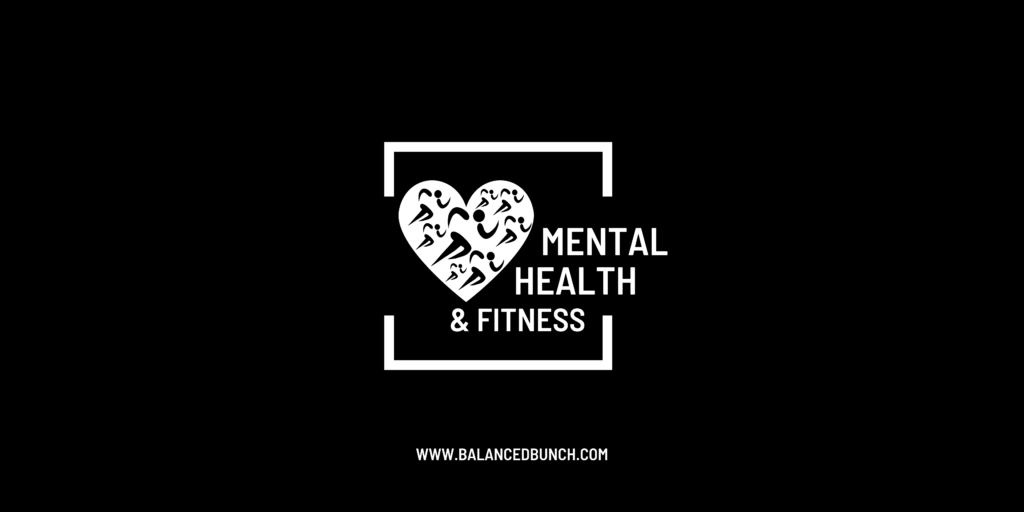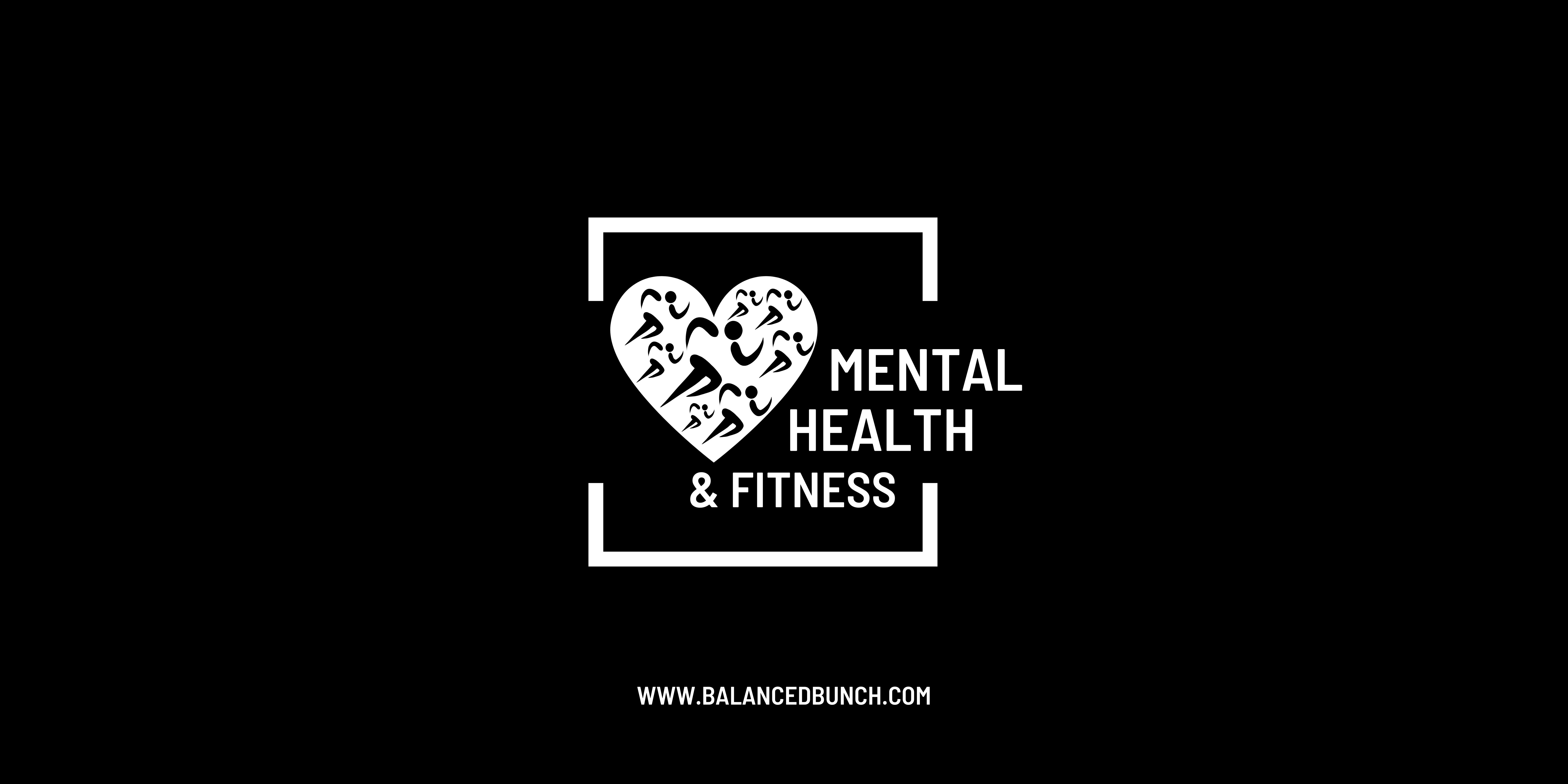

In the modern world, mental health concerns have become more prevalent, especially with the increasing pressures of daily life. However, physical exercise is an effective way to manage mental health problems. Studies have shown that regular exercise has a positive impact on mental health. In this article, we will discuss the benefits of fitness on mental health, how it improves our well-being, and answers to the most frequently asked questions.
How Fitness Helps Mental Health?
Regular exercise can help you cope with mental illnesses such as anxiety, depression, bipolar disorder, PTSD, and many more. It is a proven fact that exercise releases endorphins, which are the natural chemicals that boost mood, reduce pain, and improve sleep.
This is one of the key reasons why fitness is so important as it has this effect on our brains. These endorphins which are feel-good chemicals that interact with receptors in our brains to reduce perception of pain and trigger positive feelings in the body
Exercise also reduces the levels of the stress hormone cortisol, which is directly linked to many mental health issues.
Ways that fitness can benefit mental health.
1. Boosting Mood
A natural mood booster that increases your overall sense of well-being. Regular exercise helps in reducing symptoms of depression and anxiety by releasing endorphins that elevate mood, reduce stress, and alter the perception of pain.
It also stimulates the production of serotonin, which is a neurotransmitter that helps regulate mood and anxiety.
2. Reducing Stress
Stress is one of the leading causes of many mental health issues. Regular exercise helps in reducing stress by reducing the levels of cortisol, the stress hormone.
Helps in relaxing muscles, reducing tension, and increasing dopamine levels, which in turn helps to reduce stress levels.
3. Improving Sleep
Improves sleep quality, which is essential for good mental health. Sleep deprivation can lead to irritability, mood swings, and decreased concentration levels.
Regulation of the sleep-wake cycle, resulting in enhanced sleep quality as well as mood and cognitive function.
4. Boosting Self-Esteem
Helps in improving body image, increasing self-efficacy, and providing a sense of accomplishment.
Also promotes increased social engagement, which enhances self-esteem.
5. Improving Cognitive Function
Aids in the enhancement of cognitive function, such as memory, attention, and decision-making abilities.
Improves blood flow to the brain, which in turn increases neuron growth and enhances brain function and helps in reducing inflammation and oxidative stress, leading to better mental function.




Tips for incorporating exercise into your regular routine
• Start with small goals: Set realistic fitness goals to avoid becoming overwhelmed or discouraged.
• Find activities you enjoy: Choose exercises or physical activities that you enjoy doing to make exercise an enjoyable and sustainable part of your daily routine.
• Make it a habit: Schedule exercise into your day to ensure you practice regularly.
• Mix it up: Vary your fitness routine to prevent boredom and challenge different muscle groups.
• Gain support: Work out with a partner or join a fitness group to create a sustainable routine and accountability.
Exercises that can help with mental health
When it comes to exercising for mental health, not all workouts are made equal. The following exercise regimens are a few examples of those that are highly successful at fostering good mental health:
• Cardiovascular exercise: Running, cycling, and swimming are great examples of cardio exercises that help in releasing endorphins that promote good mental health. Aim for at least 30 minutes of cardiovascular exercise, five days a week.
• Resistance training: Weightlifting, resistance band exercises, and bodyweight exercises build strength and improve body composition, leading to increased confidence and self-esteem.
• Yoga: This ancient practice improves flexibility, balance, and strength while focusing on mindfulness and relaxation techniques that can reduce stress and anxiety.
• Pilates: This is another mind-body practice that can enhance flexibility, balance, and strength. The controlled movements and emphasis on breathing can lead to better physical and mental health.
• Team sports: Playing team sports, such as football, hockey, and basketball, promotes social interaction, teamwork, and camaraderie, providing a community that can improve mental health.




Frequently Asked Questions
1. How often should I exercise to see the benefits for my mental health?
It is recommended to exercise for at least 30 minutes a day, five days a week, to see the mental health benefits of exercise.
2. Can I do any type of exercise?
Yes, any form of exercise is beneficial for mental health. Some of the popular forms of exercise include running, walking, cycling, and swimming.
3. How long does it take to see the benefits of exercise on mental health?
It varies from person to person, but most people report feeling better after just a few weeks of regular exercise.
4. Can exercise help alleviate symptoms of depression?
Yes, exercise has been shown to improve symptoms of depression. In fact, some studies suggest that regular exercise can be as effective as antidepressant medication.
5. Does exercising outside have greater mental health benefits than working out indoors?
Exercising outside in nature has been shown to have added mental health benefits, such as an improved mood and reduced stress.
6. Can exercise help improve sleep quality?
Yes, regular exercise can improve sleep quality, leading to better overall mental health.
7. Can group exercise classes provide mental health benefits?
Yes, participating in group exercise classes can provide additional mental health benefits, such as social interaction and a sense of community.
8. Can exercise replace the need for mental health treatment?
While regular physical activity can be helpful in the management of mental health concerns, it should not replace professional mental health treatment when needed.
By including these exercises in your normal regimen, you may enhance both your physical and emotional well-being.. Aim to integrate a variety of these exercises for maximum benefits, and focus on what you genuinely enjoy doing to make it a sustainable part of your routine. Remember, while exercise can help manage mental health concerns, it’s essential to seek professional help when needed.
